Neurological movement disorders constitute multiple conditions linked to disruptions in the neural pathways that control coordinated movement. These disorders stem from irregularities in the brain's electrical signaling, leading to a variety of motor function challenges.
This interference can have a deep impact on daily life, influencing various aspects of a patient’s well-being.
Challenges in Everyday Tasks
The irregular signals caused by these disorders often lead to difficulties performing routine activities. Simple tasks, like writing, eating, or walking, may become more challenging, affecting overall independence.
Social and Emotional Impact
Beyond physical challenges, these disorders can impact social interactions and emotional well-being. The visible symptoms, such as tremors or involuntary movements, may lead to self-consciousness and affect one's confidence in social settings.
Cognitive Problems
In addition to physical limitations, neurological movement disorders can affect cognitive function, leading to memory problems, difficulty concentrating, or executive dysfunction. These cognitive impairments can impact work performance, relationships, and daily functioning.
Unique Symptoms, Unique Impact
Every neurological movement disorder may have unique symptoms, and their impact on daily life varies. Understanding these intricacies is crucial for tailoring effective treatments that address specific challenges faced by patients.
Life with Movement Disorders
Living with a neurological movement disorder often requires significant adjustments. Patients may need to rely on assistive devices, adapt their home environment, or seek assistance from caregivers. The financial burden of medical treatments and ongoing care can also be a source of stress and worry.
However, with proper diagnosis, treatment, and support, individuals with neurological movement disorders can improve their quality of life. Rehabilitation programs and support groups can also provide valuable resources and emotional support.
At Haynes Neurosurgical Group, we understand the challenges faced by individuals with neurological movement disorders. Our comprehensive and personalized approach aims to alleviate symptoms, enhance independence, and improve the overall quality of life for patients with these disorders.
Common movement disorders include Parkinson's disease, essential tremor, and dystonia.


